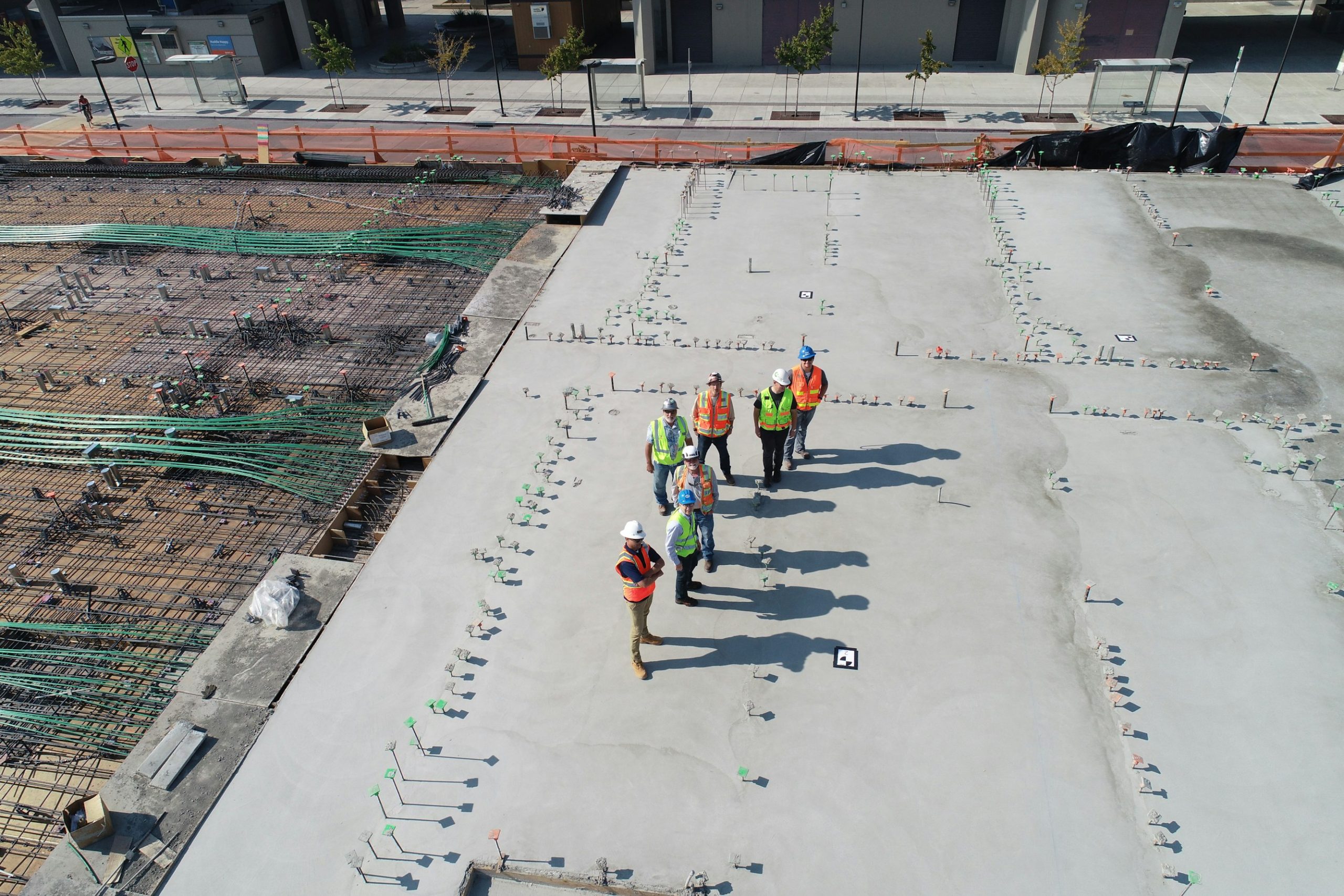The Disconnect Between Site Teams and Consultants: Fixing the Feedback Loop
In the realm of construction project management, effective communication and collaboration between site teams and external consultants can dramatically influence the success of any project. However, a disconnect often exists, caused by insufficient communication channels, mismanaged access rights, and misunderstood policies. To address these challenges, we must tackle the feedback loop between these crucial stakeholders head-on, leveraging innovative technology and best practices.
Understanding the Disconnect
When site teams and consultants operate without a clear, open line of communication, it can lead to misunderstandings, delays, and mistakes that could drastically affect project timelines. For instance, discrepancies in access rights can hinder timely decision-making processes, compromising project efficiency. In this context, tools like Zepth’s Document Register facilitate centralized document storage, allowing both site teams and consultants to access vital information seamlessly and securely.
Best Practices for Communication and Access Control
To foster improved collaboration in construction projects, certain best practices must be implemented:
- Clear Communication Channels: Establishing predetermined communication methods between site teams and consultants is essential. Regular meetings and the use of platforms like Microsoft Teams can create robust channels for feedback and information sharing.
- Access Control and Policy Implementation: It is crucial to manage who has access to what resources effectively. Implementing policies like Office 365 Group Policies helps to restrict unnecessary changes to site content and enables project managers to ensure sensitive data remains secure.
- Training and Awareness: Conducting regular training sessions aimed at raising awareness about the importance of security and access control will empower both site teams and consultants. Creating an informed workforce is key to preventing data breaches and maintaining project integrity.
Why Access Controls Matter
The significance of access control cannot be overstated in modern construction management. Poorly managed access can lead to unauthorized changes, creating significant security vulnerabilities. For example, when teams are no longer needed for a project, disconnecting them from SharePoint collaboration sites effectively restricts access. This can help to safeguard against accidental deletions or unwanted alterations
By utilizing tools such as PowerShell scripts, project managers can streamline the disconnection process while also protecting the integrity of ongoing projects. Zepth offers customizable access controls that empower managers to dictate specific permissions for various members, thus enhancing the overall feedback loop.
Emerging Innovations in Collaboration
Ongoing advancements in technology are paving the way for more efficient communication between site teams and consultants. Some noteworthy innovations include:
- Automated Access Management: Automation tools can streamline and simplify access rights management, reducing the potential for human error that can stem from manual processes.
- AI-Driven Collaboration Tools: The integration of AI in platforms like Zepth augments collaboration by providing real-time insights and analytics that aid decision-making. These AI-enabled tools ensure that project stakeholders receive timely feedback, fostering prompt action.
How Zepth Enhances Feedback Loops
Zepth utilizes cutting-edge technology to bridge the communication gap between site teams and consultants effectively. With its comprehensive construction management platform, Zepth provides features designed to maintain transparency and enhance collaboration:
- Real-Time Updates and Task Assignments: Zepth enables users to receive instant updates on project tasks and assignments, keeping all stakeholders aligned and minimizing miscommunication.
- Streamlined Communication: The construction progress report functionality within Zepth offers an efficient method to track and report project advances, integrated with scheduling for milestone monitoring, further solidifying collaboration efforts.
Additionally, integrating Zepth’s Task Management feature ensures that project tasks are centralized, with deadlines tracked and clearly assigned, promoting accountability among team members.
Implementing Change for Success
The potential for improvement lies at the intersection of management practices and technology. By emphasizing clear communication strategies, implementing strict access control measures, and leveraging AI tools for construction, stakeholders can significantly enhance collaboration and ensure project success.
Addressing the disconnect between site teams and consultants through paradigms of effective communication and innovative collaboration tools also promotes a more effective feedback loop. In doing so, project delays and inefficiencies may be reduced, leading to overall enhanced project delivery.
In conclusion, embarking on a journey toward improved collaboration in construction management ultimately culminates in more efficient project execution. By embracing insightful tools from Zepth, you position your team for success within the modern construction landscape.




